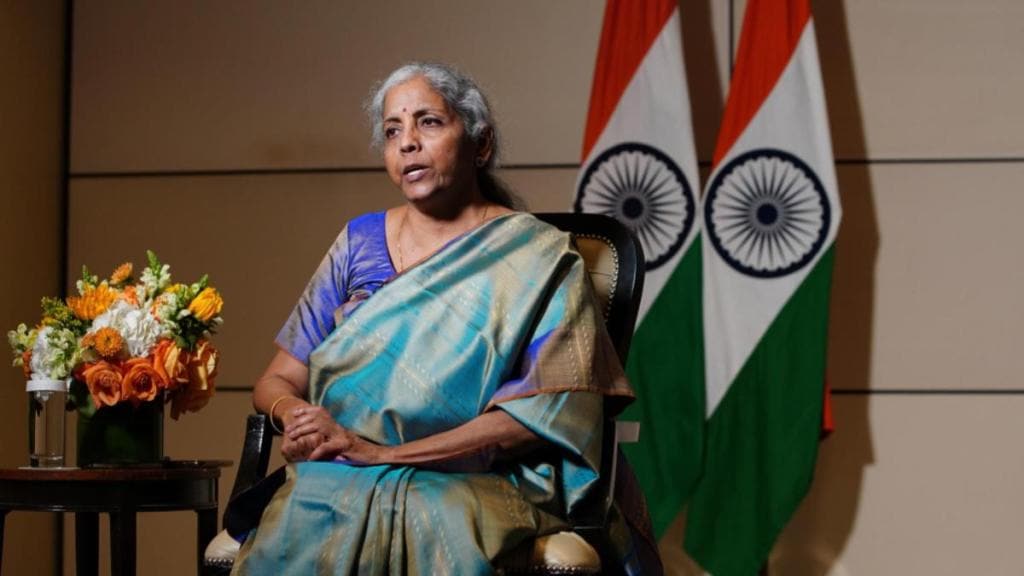At a pre-Budget meet on Tuesday, skilling industry executives asked Finance Minister Nirmala Sitharaman to allocate more funds in the Union Budget to “facilitate skilling and upskilling” for the MSME workforce, and introduce an employment-linked incentive scheme for labour intensive sectors to boost job creation.
The Confederation of Indian Industry (CII) has recommend the finance ministry to allocate funds to set up Hi-Tech training labs in micro,small, and medium enterprise (MSME) clusters under public-private partnership model; and for providing “skill vouchers” for re-skilling and up-skilling employees of MSMEs in new and emerging technologies.
The interim Budget for FY25 allocated Rs 22,138 crore to the MSME sector, same as the previous financial year. A substantial share of the allocation will go towards the establishment of more clusters and new technology centres.
Sitharaman, during her Budget speech, had said, “it is an important policy priority for our Government to ensure timely and adequate finances, relevant technologies and appropriate training for the MSMEs to grow and also compete globally.”
Moreover, industry leaders asked the government to launch an employment-linked incentive scheme for “labour intensive and high growth potential” sectors–such as toys, textiles, furniture and tourism–solely for the purpose of generating jobs. They also say higher incentives for incremental hiring of women should be given.
Notably, Wipro saw a sharp decline in its female workforce, shrinking to 68,231 employees in fiscal year 2024 from 90,721 the previous year — a drop of 22,490 employees, according to the company’s annual report.
Flexi staffing companies, meanwhile, asked the FM to consider reducing the GST rate on employment services to be reduced to 5% from 18% at present.
Flexi employees are workers who are hired for a particular period of time and get the benefits of social security, standard wages, legal compliances, registration under the EPFO etc. They are different from gig workers, who may not necessarily be getting such benefits.
The flexi employees are considered formal contractual employees, who are one party in a legally bound tripartite agreement between the principal employer, the staffing company and the worker. The principal employer gets into an agreement with a staffing company to hire flexi workers, who would be suitable to perform a particular role as per the requirement of the principal employer.
The Indian Staffing Federation–an apex body representing the staffing industry–accounts for about 30-35% of the total flexi workforce currently in India, and is estimated to be around 1.6 million.
A reduced rate would help principal employers divert the additional cash flow to deploy towards reimbursement of salaries and payment of statutory contributions to employees, said the ISF.


